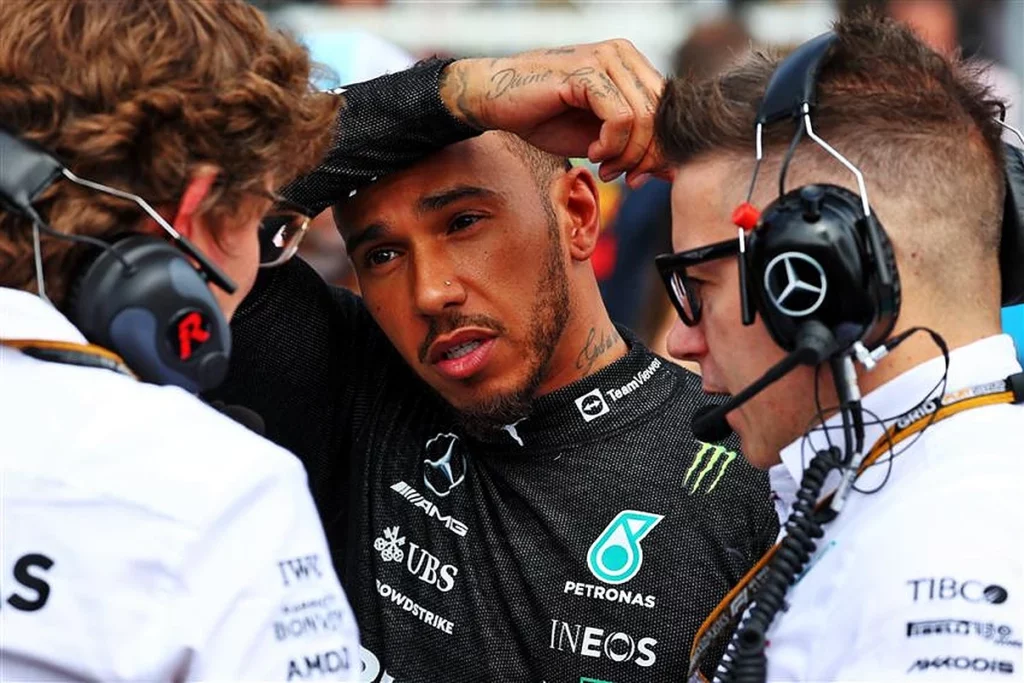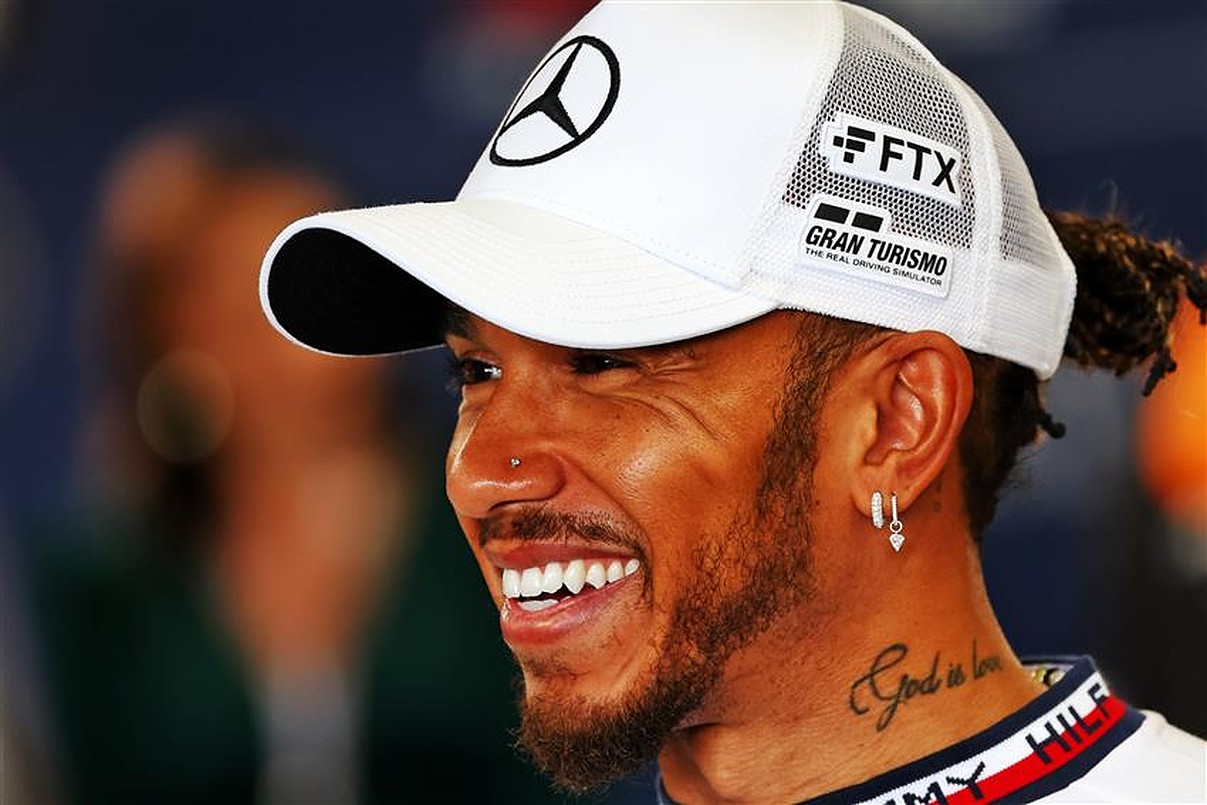The likes of Lewis Hamilton will feel disappointed and let down once again by the FIA, after motorsport’s governing body introduced an outrageous update to its International Sporting Code (ISC).
New regulations introduced have been done to ban drivers from “the general making and display of political, religious and personal statements”, unless they get permission from the FIA.
It will mean that drivers will be unable to wear helmets or clothing in support of communities like LGBTQ, or campaigns like environmental change, unless the FIA gives them the go-ahead first.
It marks a sad day for motorsport, with the FIA having been praised traditionally when compared to other sporting governing bodies, with the FIA having often been relaxed in regard to drivers using their platform for good.

READ: This is why Max Verstappen fights ‘King Lewis Hamilton’ ruthlessly
The updates they’ve introduced somewhat make a mockery of everything Sebastian Vettel did in his last few years in the sport, where he worked tirelessly to use his platform as an F1 driver to represent millions of people around the world.
Some have likened the FIA’s updates to the ISC to a ban on freedom of speech, an area they are yet to address.
Many will hope that despite the updates, that they are consistent in giving drivers permission to share support no matter where the race is being held, for example, if Hamilton wants to wear a rainbow-themed helmet in Qatar, where same-sex marriage remains illegal.
So why have changes been made at a time when the FIA was being praised?
Well, an FIA spokesperson has revealed that it’s been done so that the FIA are more in line with the International Olympic Committee (IOC).
“The ISC has been updated in alignment with the political neutrality of sport as a universal fundamental ethical principle of the Olympic Movement, enshrined in the International Olympic Committee (IOC) Code of Ethics, together with the principle of the universality set out in Article 1.2,” the spokesperson told RaceFans.
Interestingly, the International Olympic Committee Code of Ethics requires “respect of the principle of the universality and political neutrality of the Olympic Movement”.
The FIA’s move to become more similar to the IOC shouldn’t come as a shock, with the IOC having fully recognised motorsport’s governing body in 2013, raising the question of why the two didn’t become more similar in their regulations sooner.
By recognising the FIA, it meant that their guidelines conformed to those already stated in the Olympic Charter.
The Olympic Charter states: “Recognising that sport occurs within the framework of society, sports organisations within the Olympic Movement shall apply political neutrality,” it says.
“They have the rights and obligations of autonomy, which include freely establishing and controlling the rules of sport, determining the structure and governance of their organisations, enjoying the right of elections free from any outside influence and the responsibility for ensuring that principles of good governance be applied.”
READ: Mercedes make fresh moves in the metaverse despite bankruptcy
For as long as can be remembered, the FIA Statutes have said very similar, with the governing body having always voiced that they will “promote” areas such as, “protection of human rights and human dignity”.
“The FIA shall promote the protection of human rights and human dignity, and refrain from manifesting discrimination on account of race, skin colour, gender, sexual orientation, ethnic or social origin, language, religion, philosophical or political opinion, family situation or disability in the course of its activities and from taking any action in this respect,” it states.
“The FIA will focus on underrepresented groups in order to achieve a more balanced representation of gender and race and to create a more diverse and inclusive culture.”

